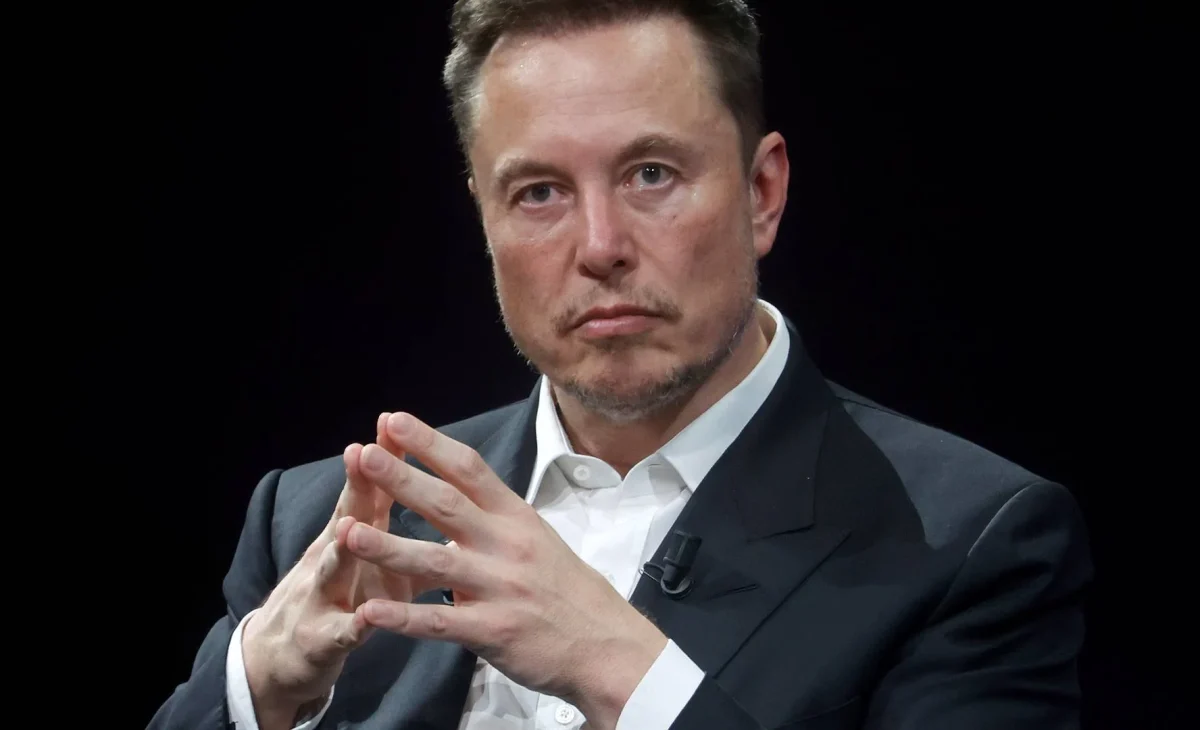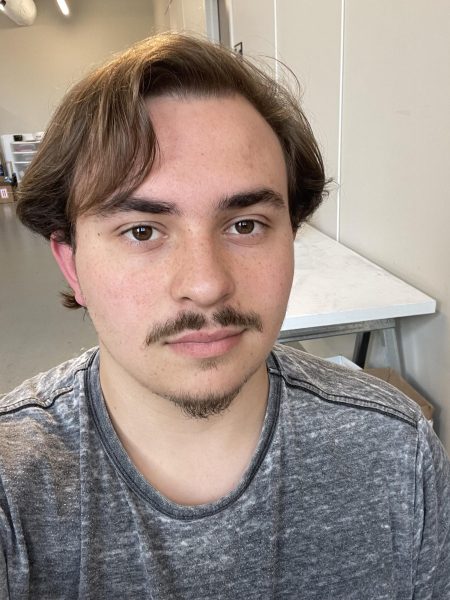Elon Musk’s company Neuralink recently announced its first successful human brain implant. The results could be revolutionary, but they still come with a considerable risk.
Neuralink is a company that was founded by Musk along with a team of scientists and engineers back in 2016. Its mission, according to the official website, is to “create a generalized brain interface to restore autonomy to those with unmet medical needs today and unlock human potential tomorrow.”
This goal will be met using a brain implant that can interpret neural technology allowing the user to control their computer or smartphone with their mind. Lanier Technical College Nurse Aid Instructor Amy Howard says if the organization is successful with this implant, the benefits could be tremendous.
“Disorders like Parkinson’s and Huntington’s could potentially be controlled.” -Lanier Tech Nurse Aid Instructor Amy Howard
Additionally, Howard said these practices are unethical. She views it as a great risk citing how “fragile” the brain is.
Neuralink only received permission for human trial in May 2023 after testing its invention on animals for years prior. The company’s demonstrations included a monkey playing a video game via their chip and movement stimulation with pigs and monkeys.
On Monday, Jan. 29, Musk announced that his organization successfully conducted their first brain chip implantation. The only other details he provided were that the patient was “recovering well”.
So far, there have been no problems reported with the human subject. There is, however, still a present danger that comes with the chips.
In 2019, an incident involving a monkey test subject involved the implant “breaking off” during its implantation. When the simian woke up from its surgery, it scratched at the wound and dislodged the chip leading to the injury being infected. With the device blocking all options for treatment, the ape had to be euthanized.
A separate incident in 2019 where the subject lost coordination due to it picking at its wound also led to euthanization. According to Neoscope, 21% of Neuralink’s primate subjects were killed due to issues with their implants.
Javier Barrios, a Bachelor of Science in Nursing from Palm Beach State College, specializes in neurological orthopedics. Barrios says there are multiple factors to examine when it comes to Neuralink’s Neurologic chips, as is the case with other medical implants.
“Amongst some of these considerations we can find infection rates, possibility of device rejection, possibility of hemorrhage, brain swelling or device malfunction causing further damage.” – Neurological Orthopedic Specialist Javier Barrios
Given the fact that the ape deaths were caused by faulty implantation, Barrios said Neuralink will be more mindful when it comes to using human subjects to test their chips. Still, he says certain risks can’t be understated.
Meanwhile, Musk isn’t the only one researching this technology. Since his organization opened its quest, various other groups have researched their own ways to link the human mind to a computer interface.
Neuralink’s vision has expanded in comparison. Musk has since been vocal on what he claims the chip could do including magnifying the user’s cognitive ability.
This would mean simple tasks such as puzzles and spelling would be easier for an individual who has the brain implant. Also, Musk said the device can record events and replay them like memories.
Barrios says that while any technological advancement can be used for good, it can equally be abused. He said that while communication within technology isn’t a bad thing, it’s still unknown if further connection to it is beneficial to humanity.
“In the end, it’s not the technology that’s the problem, but its humanity’s obsession with it.” – Neurological Orthopedic Specialist Javier Barrios























